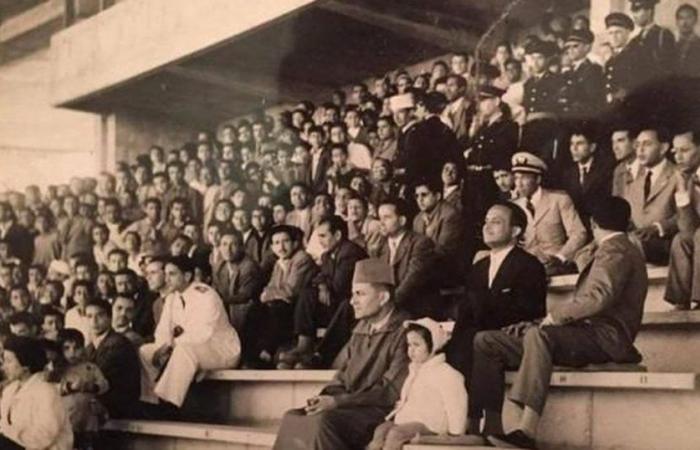As all Moroccans already know, the kidnapping of the late Mohammed V and his exile by the authorities of the French protectorate took place on August 20, 1953.
What few of them know, because it has not been highlighted by historians, is that this day coincided with the celebration of Eid Al-Adha, indicates Annahar Al Maghribia this Monday, June 17.
This was, without a doubt, a double punishment for the Moroccans.
The kidnapping of the Sultan had in fact coincided with the festivities of this great day of the year, and had further fueled the feeling of rejection of the protectorate and exacerbated that of nationalism within the entire Moroccan population.
The reaction was as dazzling as it was unexpected: first, a large part of Moroccan families had decided not to celebrate Eid, and not to slaughter the sheep, as a sign of protest.
They had, on the other hand, gathered in mosques, in what had been considered the beginnings of the Revolution of the King and the people.
Since that day, mosques have become places of gathering and mobilization for thousands of young people, who later took action.
The nationalists, the daily continues, did not respond immediately to this abject act by the protectorate authorities. They had waited until the end of the year, taking advantage of the Christmas and New Year celebrations to take action, carrying out several bloody acts of resistance in different cities.
On the other hand, continues Annahar Al Maghribiathe kidnapping of the Sultan took place at a time when many nationalists and other notable personalities were on pilgrimage to Mecca.
When they learned of this act from the authorities of the protectorate, they decided to mobilize in their own way, taking advantage of the presence of important leading personalities from different Muslim and Arab countries in these holy places, to establish contacts with them, and request their support to accompany the fight for liberation.
The protectorate authorities had, of course, heard of these contacts, and the moment of the pilgrims’ return to the port of Casablanca was a dreaded day that they had been dreading since the last day of the Hajj.
The French authorities therefore expected the situation to degenerate as soon as the pilgrims arrived.
The daily also returns to the relations between the late Mohammed V and Pasha El Glaoui, affirming that the latter was until these events, a devotee of the monarchy and a faithful servant of the Sovereign.
But, writes the daily, “relations between the powerful Pasha of Marrakech and the Palace had deteriorated for reasons that are unknown“.
Historical sources nevertheless affirm, continues Annahar Al Maghribiathat the date of this break coincides with the Mouloud festival, at the beginning of the 1950s.
Obviously, explains the daily, the Pasha of Marrakech did not agree with the policy of the Sultan, who decided to bring the nationalists closer to him, and to support them.
By Amyne Asmlal
06/16/2024 at 8:14 p.m., updated 06/16/2024 at 8:14 p.m.






